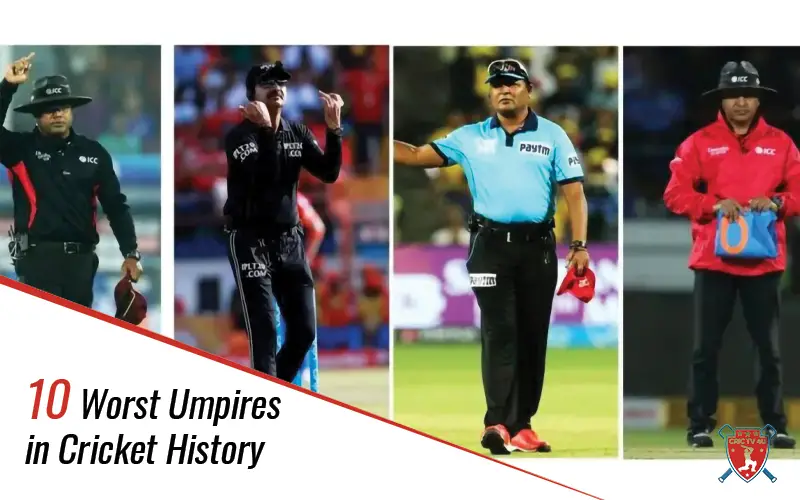1. Steve Bucknor
Although Steve Bucknor was a pleasant and laid-back person who wasn't despised by players, statistics show that he was the worst cricket umpire. Like the bulk of the officials on this list, Bucknor completed his career before the advent of the Decision Review System, and his numbers would have been far higher had it been available earlier. Due to the several error, he committed during the 2003 Brisbane test between Australia and India, Steve Bucknor's performance was at its lowest. They probably had a moment when they said that Jason Gillespie's LBW judgment to remove Sachin Tendulkar was the worst. The West Indian umpire made several poor judgment calls since he didn't seem to account for the extra bounce that the pitch was providing. However, this delivery was not only too high, but it also missed the stumps by a significant distance.

2. Joel Wilson
Clear benefits for umpires can come from the Decision Review System, but it can also draw attention to the genuinely subpar officials. During the 2019 Ashes series, Joel Wilson made a string of errors that led to his exposure. Many field judgement reviews were undertaken during the first test match at Edgbaston, and the third umpire regularly had to save Wilson from trouble. When Nathan Lyon struck Ben Stokes in the back pad, there were, sadly for Australia, no more reviews available. Everyone, except for Joel Wilson, thought it was a given that Stokes would win the game, and he did so in the most dramatic way possible, giving England a one-wicket triumph.
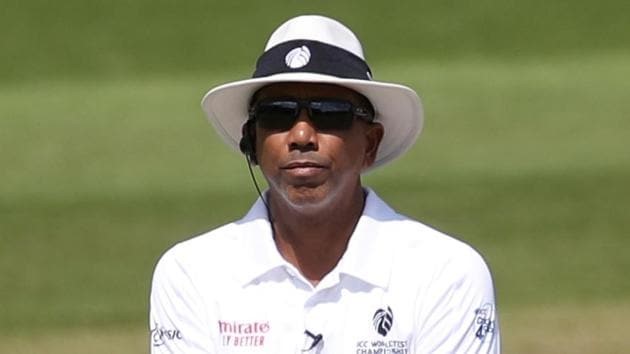
3. Kumar Dharmasena
The Dharmasena Review System was mentioned briefly by pundits at one point due to Kumar Dharmesena's declining umpiring abilities. He had an evil series when India hosted England in 2016–17, and like many of the officials on this list, his judgements against Indian players were some of the most divisive. The worst moment occurred during a test match between England and Bangladesh in Chittagong. The third umpire had to overrule eight of Dharmasena's 16 on-field judgments (exactly half).
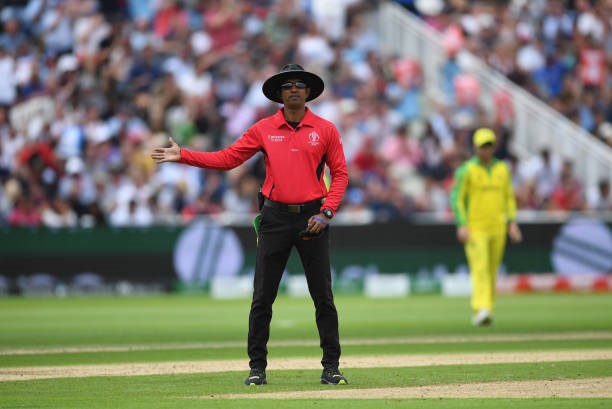
4. Darrell Hair
Darrell Hair didn't always have solid relationships with all the players like some of the umpires on this list. This man only became well-known as a result of controversy after he memorably called Muttiah Muralitharan a "thrower" and no-balled him for it. The umpire's failure to manage the matter in accordance with proper protocol is one of the case's main issues.Instead of calling it on the field as he did, Hair should have informed the match referee if he felt Murali was throwing the ball. Darrell Hair was removed from the prestigious umpiring panel following another incident in 2006 in which he and fellow official Billy Doctrove reprimanded Pakistan for tampering with the ball.
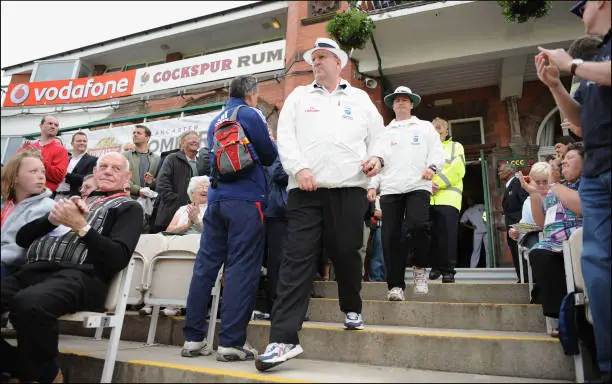
5. Daryl Harper
Following the introduction of DRS, Daryl Harper's umpiring career didn't last for very long. He had been howling for years, but the third umpire (DRS) was indeed the one who brought them to light. When Glenn McGrath's bouncer somehow resulted in an India LBW verdict, it was one of his most controversial moments. Although perhaps not that down, the ball had stayed low. In a later match between South Africa and England, a reviewed caught behind ruling against Ashwell Prince was overturn, exposing Harper's flaws.
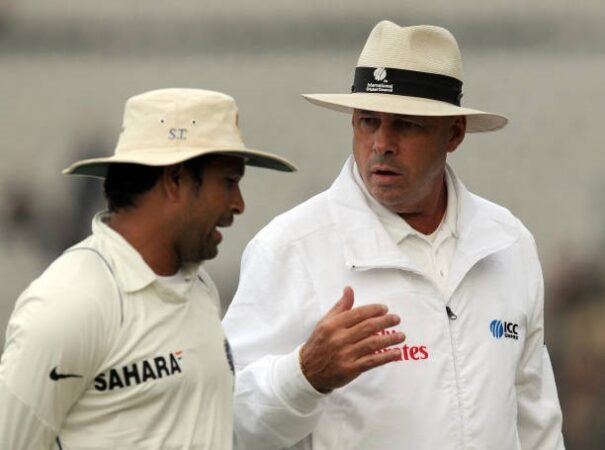
6. Ross Emerson
The first sentence of Ross Emerson's Wikipedia entry reads, "He is famous for calling Muttiah Muralitharan for throwing, and that tells you everything you need to know." Because he quit after the first ten ODIs, the Australian referee's career was defined by his last match. In this match, Arjuna Ranatunga, the captain of Sri Lanka, led his squad from the field after Emerson repeatedly summoned Murali for throwing. Overall, the umpire played poorly; he failed to call a clear run-out, and he was not invited to preside again.
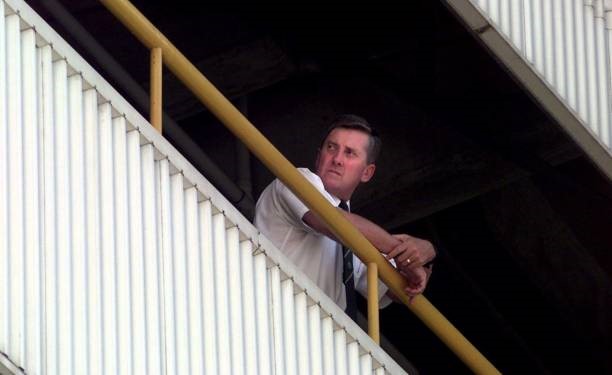
7. Ashoka de Silva
Ashoka Has Had a Shocker. I can still hear pundit Paul Allott saying this, and he wasn't the only one who had negative things to say about the Sri Lankan umpire. Although that wasn't de Silva's worst judgment, it did come during a series in England and was in response to a not-out decision on a plumb LBW appeal. His lowest point occurred in a series between Australia and the West Indies in 2003. Australian openers Justin Langer and Matthew Hayden felt particularly unjustly dismissed, with Hayden drawing the most attention when De Silva outed him for LBW even though the ball was placed outside his leg stump.
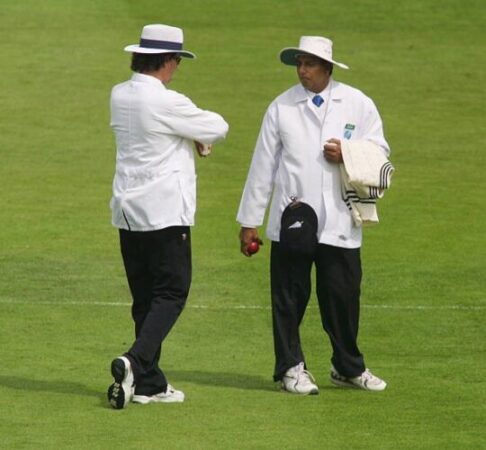
8. Rudi Koertzen
Koertzen gave the best "out" signal in umpiring history, in my opinion. His finger slowly rose from his hip, evoking the dying moments of a gunslinger in the Wild West. Unluckily, not all of those choices were wise, and the South African official became another to arouse India's displeasure. This time, his inability to mention Sourav Ganguly's stumping drew special criticism. Koertzen and his companion umpire Asad Rauf received criticism for stepping in as the game got heated. The aggression pleased India and Australia, but the authorities thought it had gone too far. Unlucky to receive one of Koertzen's worst calls, Kumar Sangakkara was unfortunate. When the left-hander was caught after the ball had touched his arm while chasing down a considerable total against Australia, he was on 192 and closing in on a double century.
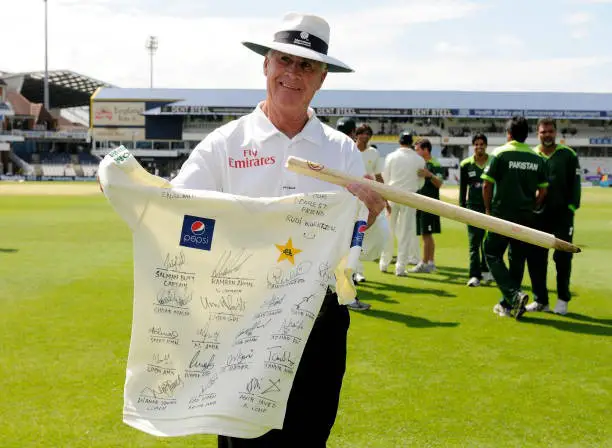
9. Ian Gould
The 1983 England World Cup team member Ian Gould went on to work as a referee at the first-class and international levels. Although the players could identify with "Gunner" Gould's down-to-earth persona, he occasionally made debatable choices. Gould angered Indian fans two years prior and, in 2016, drew a lot of backlashes on Twitter for how he handled the India vs. West Indies test. Josh Hazlewood's delivery missed Cheteshwar Pujara's hands by a significant distance, yet the umpire somehow believed it had taken a nick.
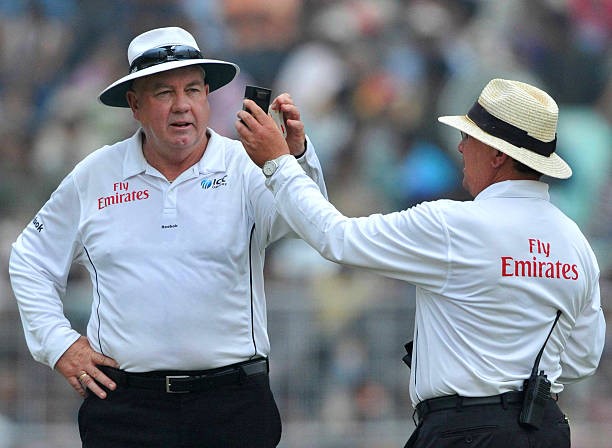
10. Aleem Dar
Aleem Dar was still officiating until the end of 2021, making him one of the umpires on this list with the longest tenure. Before officiating in his debut international match, an ODI between Pakistan and Sri Lanka in 2000, the Pakistani-born official had a brief playing career. Two years later, Dar received a promotion to the ICC panel of umpires, but some players might have questioned that decision. Though mostly reliable, he does experience bad days, as every referee does. His worst decision was when India played South Africa, and he declared Sachin Tendulkar not out even though he had unmistakably stolen the ball from the slips.




